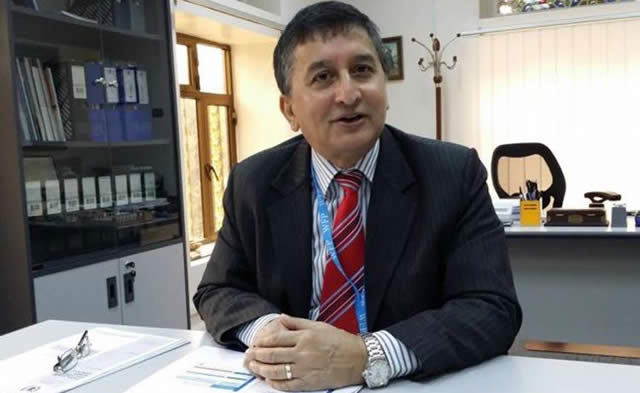

ZIMBABWE’s education sector continues to grow despite the prevailing economic challenges as primary school attendance has reached 96%, a United Nations Zimbabwe 2015 first quarter report has revealed.
BY PATIENCE RATAMBWA
According to United Nations resident coordinator Bishow Parajuli, Zimbabwe has set its development trajectory on firm ground although several challenges still persist.
“Universal primary school enrolment has reached 96,7% and we are optimistic that government efforts and our strong collaboration will get us to total development,” Parajuli said.
The survey conducted by the United Nations Development Fund (UNDP) reveals that there has generally been a high net enrolment rate (NER) in primary schools in Zimbabwe but these decreased severely in 2009 due to different reasons.
The rates have been increasing as from 2013 and the UN is working on ensuring that the net enrolment ratio is at par with the net attendance rate (NAR) because it has been a challenge in the past.
“Zimbabwe has consistently maintained relatively high levels of primary school enrolment.
“The NER increased from 81,9% in 1994, peaking at 98,5% in 2002. Since 2003, however, there has been a gradual decrease, with the 2009 recording an NER of 91%,” the report read.
- Chamisa under fire over US$120K donation
- Mavhunga puts DeMbare into Chibuku quarterfinals
- Pension funds bet on Cabora Bassa oilfields
- Councils defy govt fire tender directive
Keep Reading
Problems noted were mostly those of enrolled students failing to attend lessons due to several reasons.
“Reasons for non-attendance were attributed to financial constraints (50%), early marriage or pregnancy (16%), and satisfied with levels attained 12%, among other reasons,” it read.
UN Zimbabwe is, however, keen on achieving another set of goals by the end of the year.
“Targets for the new Millennium Development Goal is to ensure that by 2015 year end, children everywhere, boys and girls alike, will be able to complete a full course of primary schooling,” the report read.










